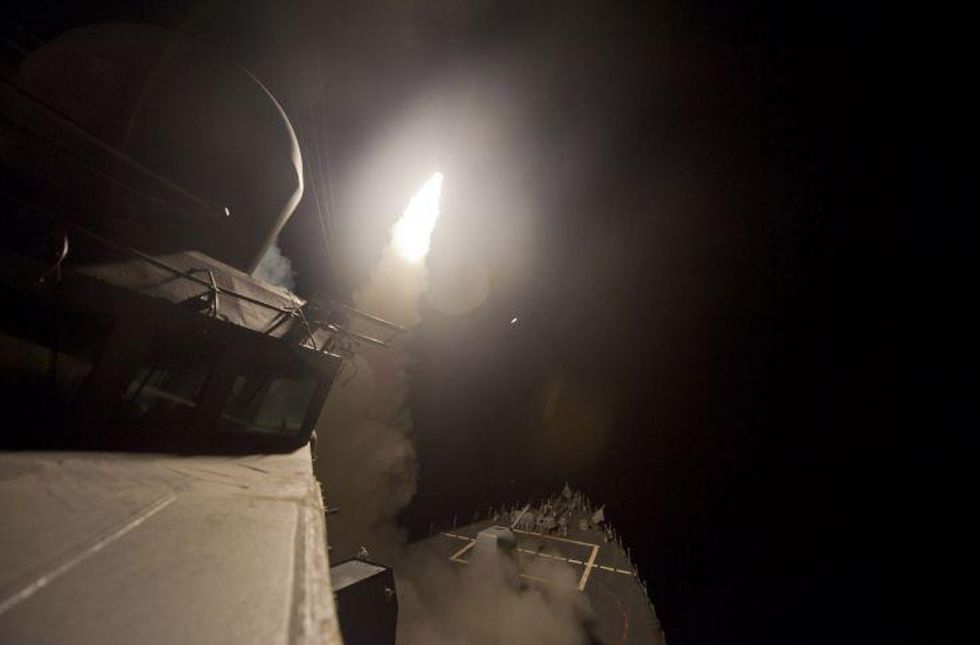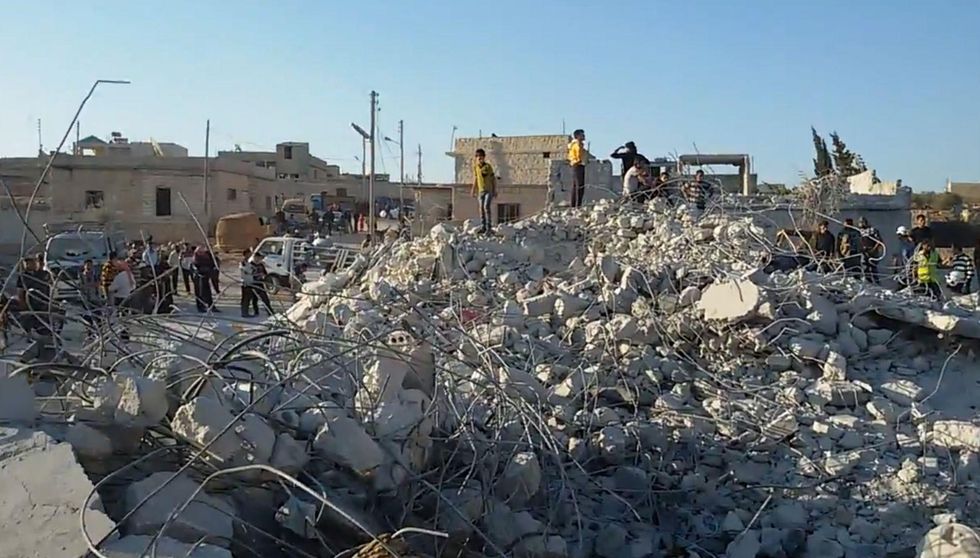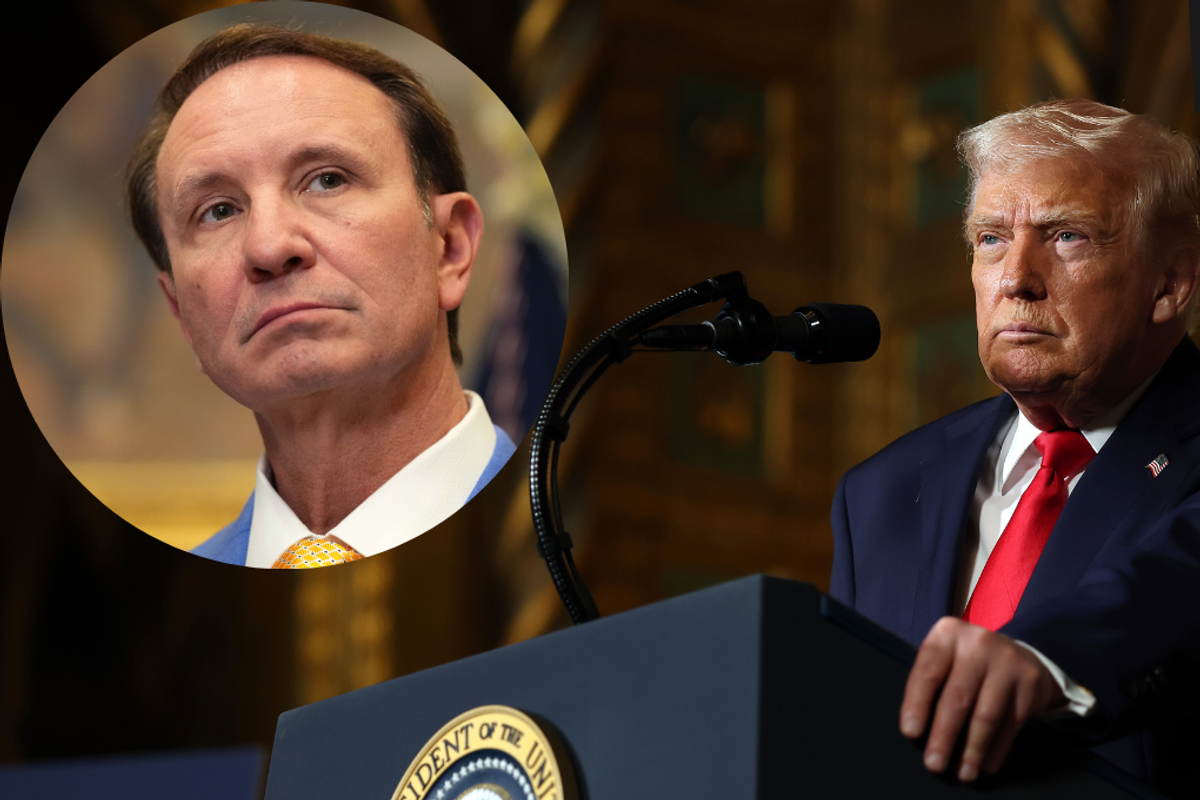News
Evan Bartlett
Sep 23, 2014

Bashar al-Assad in Moscow, 2009
The US military, alongside a number of Arab allies, has begun air strikes on Isis militants in Syria, marking the first time foreign powers have become directly involved in the country's civil war.
Syria's regime was said to be informed, but not involved with the strikes on Isis (also called Islamic State) militants and other extremists groups.
The military might of the US, Bahrain, Jordan, Qatar, Saudi Arabia and the United Arab Emirates will be a huge force for Isis, and Assad's other enemies, to deal with. But it's a complex situation: While Bahrain, Jordan, Qatar, Saudi Arabia and the United Arab Emirates are all opposed to Assad's regime, Robert Fisk wrote last week that the about-turn in Western foreign policy could also be a boost to the Syrian regime and its supporters.
Only just over a year ago, the US was planning to smash the Syrian regime with bombs and missiles – and now it wants to smash the Isis regime with bombs and missiles.
- Robert Fisk, Middle East correspondent for the Independent
As Joseph Willits, a Syria expert at the Council for Arab-British Understanding (Caabu) told i100. "Assad will be delighted that the international community is focusing on Isis, reinforcing his narrative that the war in Syria was always about extremism and not his regime."
Damascus will be content to see the US-led coalition targeting Isis and extremist groups, whilst turning a blind eye to atrocities and devastation carried out by the Syrian government.
- Joseph Willits, Caabu
The potential that the air strikes could be good for Assad is also touched on by Kim Sengupta, the Independent's Defence Correspondent.
"It has been to the benefit of Assad that Isis has killed so many from the ‘moderate’ groups and lured their members into their tanks. This has given the Syrian President the enemy he always wanted — Islamist terrorism, rather than those who want to replace him with a democratic state," he explained.
However, Mr Willits also believes there will be discomfort in Damascus at the vast military might arriving on Assad's doorstep.
If the United States can attack Isis with impunity in Syria, then why not attack the Assad regime as well?
- Joseph Willits, Caabu
"Many in the Syrian opposition and states that oppose Assad will be pushing for the US to go further, having shown that there is little to stop them militarily," he explained.
Shashank Joshi, Senior Research Fellow at RUSI, writing in the Telegraph also believes the intervention is significant.
Given that these Arab nations have all been, literally, violently opposed to the Iran-backed Assad regime and have long supported Syria’s rebels, their participation is symbolically crucial, particularly given that there is no UN Resolution to authorise this extension of the war across borders.
- Shashank Joshi
Fawaz Gerges, Professor of International Relations at the London School of Economics and Political Science (LSE), also believes that the situation is far from ideal for President Assad.
If I was Mr Assad sitting in Damascus today I would be very anxious.
- Prof Fawaz Gerges
Prof Gerges explained to i100 that while the Syrian government may have been informed of the air strikes, there is a key difference between being informed and simply being told what is going to happen.
"The US has sent a strong message alongside a number of leading Arab states – including Saudi Arabia - a very important Sunni state - that will be worrying for Assad,” he said.
Prof Gerges warned that Assad may fear a similar fate to Colonel Gaddafi in Libya - in the sense that an international military intervention could be used to wipe the country's slate clean and to seek a new government. And we all know how well that ended.
The Syrian crisis has entered a new phase now and the US are in it for the long haul.
- Prof Fawaz Gerges
More: Who is in the coalition of the willing and what is the coalition of the unwilling?
Top 100
The Conversation (0)














